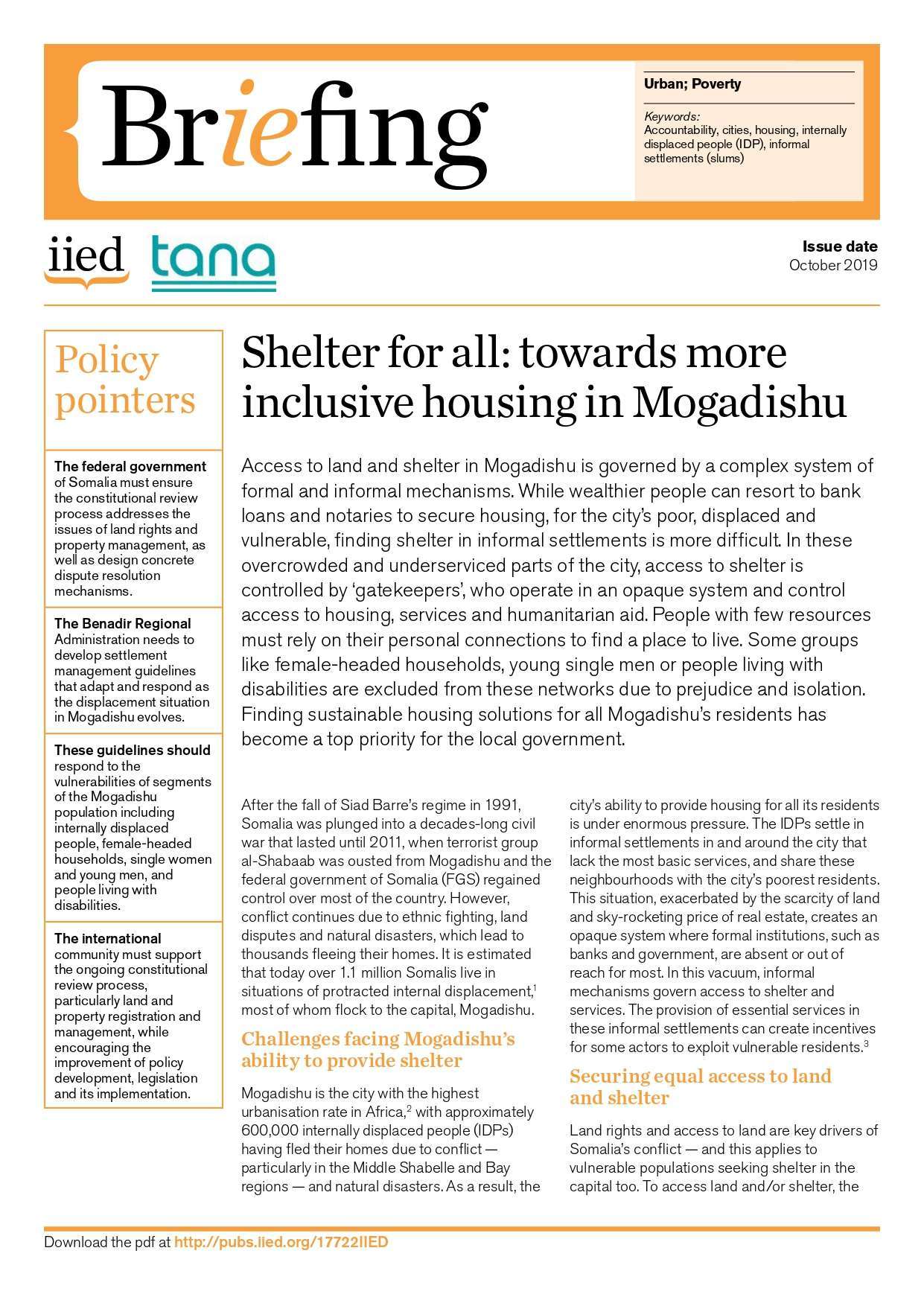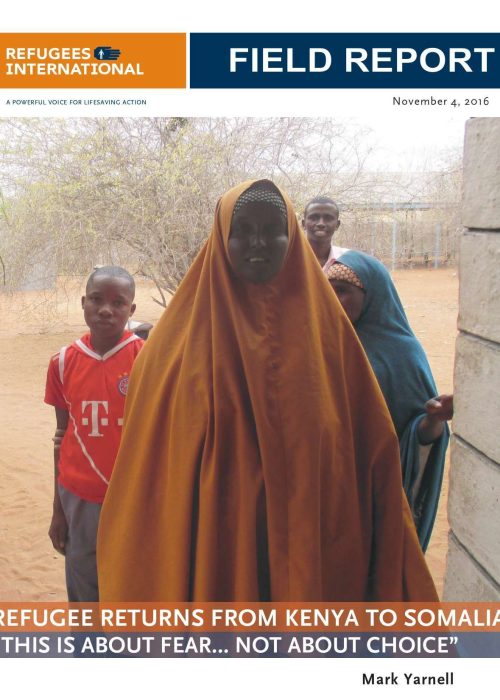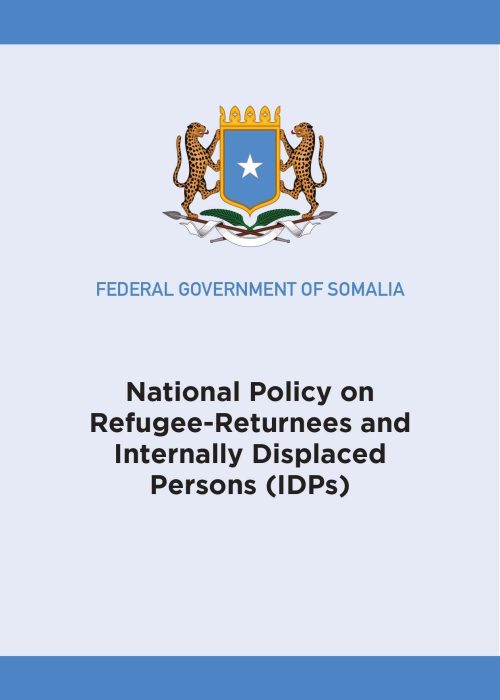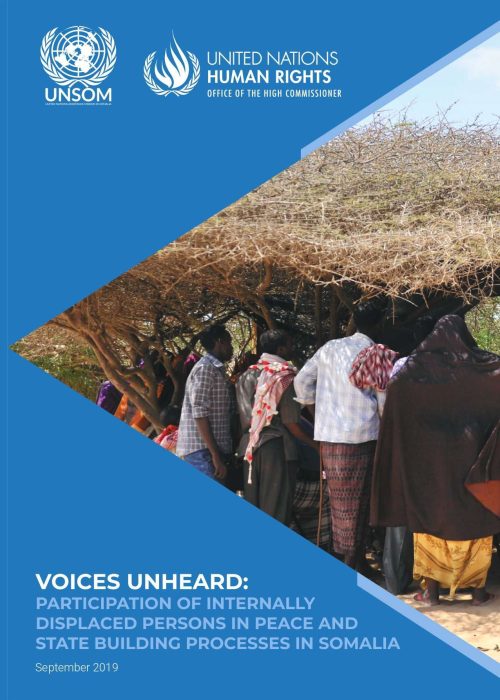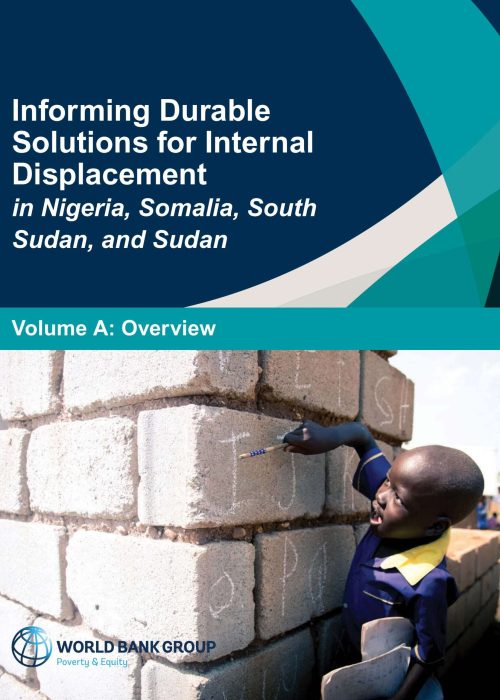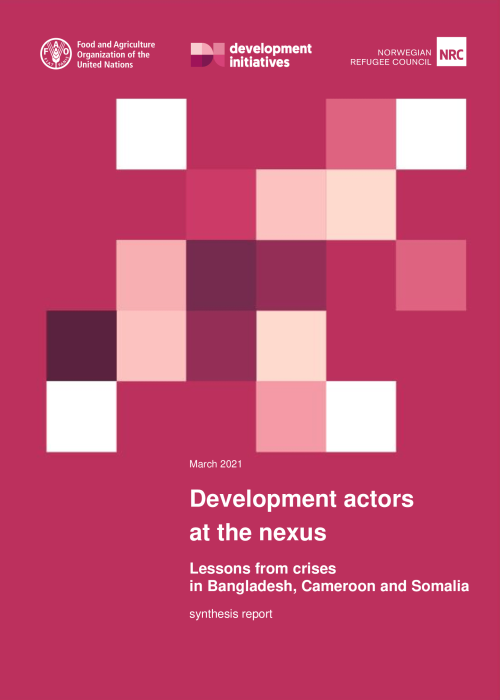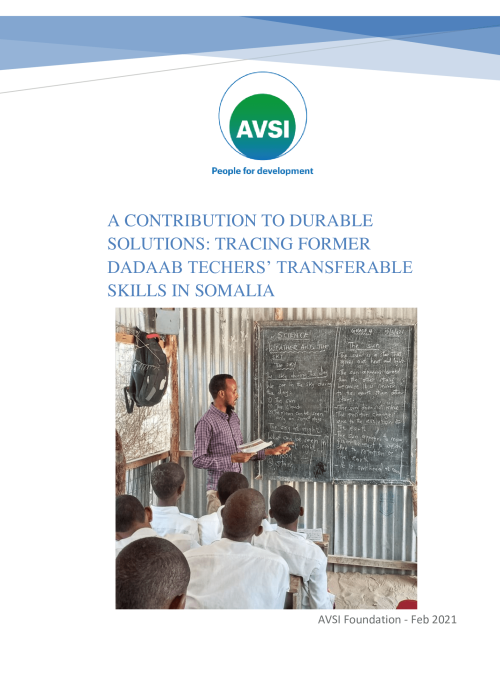Access to land and shelter in Mogadishu is governed by a complex system of formal and informal mechanisms. While wealthier people can resort to bank loans and notaries to secure housing, for the city’s poor, displaced and vulnerable, finding shelter in informal settlements is more difficult. In these overcrowded and underserviced parts of the city, access to shelter is controlled by ‘gatekeepers’, who operate in an opaque system and control access to housing, services and humanitarian aid. People with few resources must rely on their connections to find a place to live. Some groups like female-headed households, young single men or people living with disabilities are excluded from these networks due to prejudice and isolation. Finding sustainable housing solutions for all Mogadishu’s residents has become a top priority for the local government.
Shelter for all: towards more inclusive housing in Mogadishu
Research on access to shelter in Mogadishu conducted by development consultancy Tana Copenhagen provides an overview of the complex formal and informal systems governing housing, services and livelihoods for the city’s residents, and especially the most vulnerable groups.
Share
| Author(s) | |
|---|---|
| Funded By | |
| Geographic Coverage | |
| Pages | |
| Publishing Organizations | |
| Theme | |
| Type of Study | |
| Year Published |
